This doctoral degree offers advanced study of societal and economic exclusion. The study focuses on the causes and conditions of societal and economic exclusion, as well as the possibilities of inclusive policies and initiatives. The course combines the theory and methodology of anthropology, sociology, and social work.
The degree is an interdisciplinary doctoral program in social exclusion and inclusive policy. The course syllabus is divided into six semesters, with the main duration of three years. The coursework focuses on social work and research methodology, as well as anthropology, economics, and sociology. The focus of the program is on advancing knowledge on issues of racial, religious, and class discrimination, and the effects of those factors on the community.
The program focuses on social exclusion in India and around the world. It aims to make society more inclusive by increasing access to resources and improving the quality of life for people with disabilities. The course includes research in anthropology, sociology, and economics. Students who want to pursue this doctoral degree will learn about the role of institutions in the development of social inclusion, discrimination, and inclusion.
Ph.D. in Social Exclusion & Inclusive Policy Eligibility
Candidates who want to take admission in Ph.D. must have a post-graduate degree in Social Exclusion & Inclusive Policy and its relevant discipline with at least 55% marks from a recognized university and must have passed the national level entrance examination or university level entrance examination. National level entrance exams like UGC NET / UGC CSIR NET / GATE / SLET or University entrance exams consist of written tests and personal interviews.
Benefits of a Ph.D. in Social Exclusion & Inclusive Policy
A Ph.D. in Social Exclusion / Inclusive Policy is an ideal graduate degree for people who want to make a difference in society. These students are interested in the social issues facing marginalized groups and would like to find solutions to their problems. These courses help students in their quest for social inclusion. As an added benefit, they can be a part of a research team that develops policies to eliminate social injustice.
The study of social exclusion can lead to several beneficial effects, such as the ability to become a research assistant for the World Bank. The job market for social policy professionals is thriving, and this program can help you get ahead. You will also have an opportunity to study the causes and consequences of discrimination. With this degree, you'll have the tools to create solutions for social problems and make a difference in society.
A Ph.D. in Social Exclusion / Inclusive Policy is an excellent option for future researchers who want to make a difference in the lives of vulnerable groups. You will have the chance to explore social injustice and learn how to improve it. This training is especially valuable if you're interested in addressing issues of discrimination and inequality. You will develop the knowledge and skills to address these issues and advocate for improvements in society.
The Career Opportunities of a Ph.D. in Social Exclusion and Inclusive Policy
The Ph.D. program in Social Exclusion & Inclusive Policies is designed for professionals interested in the intersections between diversity and inclusion. This area of study is growing in popularity and there are many career opportunities for graduates. You can work in academics, government, nonprofit organizations, or the private sector. A Ph.D. in this field will give you the knowledge and skills to make an impact.
This doctoral course is offered at several universities. Its main duration is three years. The syllabus is broken into six semesters. The program is taught by interdisciplinary faculty in the field. The coursework focuses on the theories and methodologies of social work and research, sociology, anthropology, economics, and social work. Students will gain an understanding of the dynamics and causes of discrimination.
Graduates can work in the public, private, and non-profit sectors. A Ph.D. in this field can open up opportunities in universities, national nonprofit organizations, government, and civil society organizations. Students can specialize in human rights, and many students choose to focus on social issues like racism, racial profiling, and poverty. These students can also choose to focus on the theory and methodology of discrimination.
The future scope of Ph.D. in Social Exclusion & Inclusive Policy
The concept of social inclusion was first used in France, and it has since gained wide recognition in international policymaking. It refers to the processes that exclude groups from participation in society. It is often described as the crippling incapacity to participate meaningfully in society, whether it is through employment, education, or culture. The term encompasses neighborhood, individual, and group dimensions.
A Ph.D. in Social Exclusion combines the study of policy and practice. It is designed to develop new understandings of social inclusion, including the dynamics of discrimination in different contexts. It also enables graduates to formulate policy initiatives to fight discrimination and eliminate inequality. While the degree focuses on social inclusion, it may also include other aspects of human rights, politics, and economics.
The Ph.D. in Social Exclusion aims to develop a better understanding of the process of discrimination. The curriculum combines theory and research in social work, sociology, anthropology, economics, and human rights. It is interdisciplinary, allowing students to focus on the topic of social exclusion. The courses focus on the social dynamics of discrimination, including the factors that cause it.
Ph.D. Research Programme duration
The Ph.D. in Social Exclusion & Inclusive Policy course is a minimum of 3 years and a maximum of 5 duration. This depends on the university offering the course.
Fees for research program for Social Exclusion & Inclusive Policy
The average fee for Ph.D. in Social Exclusion & Inclusive Policy degree is between INR 50000 and INR 500000.
 5 Years
5 Years
 PhD
PhD
 Research
Research







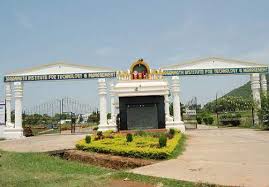
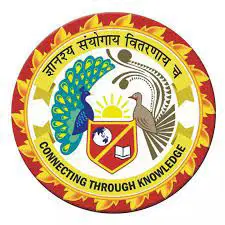
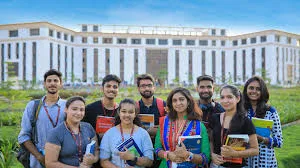
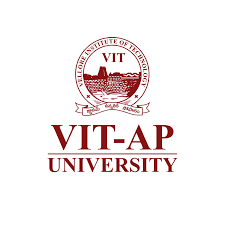




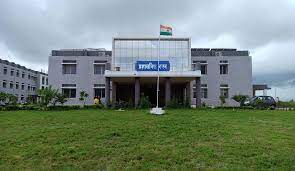
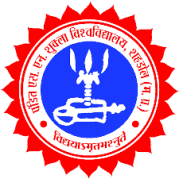

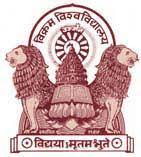


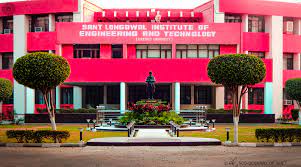
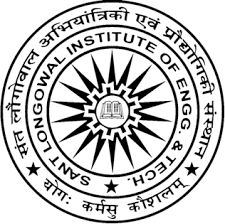
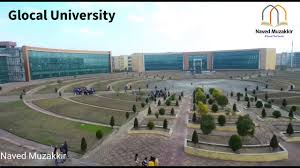
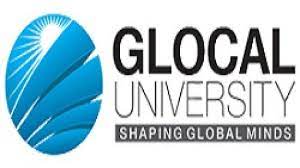


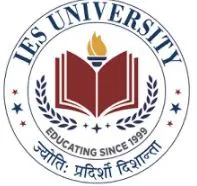


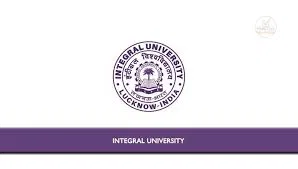
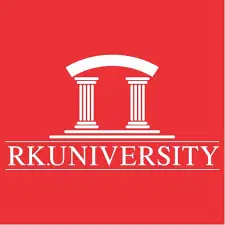

 back
back